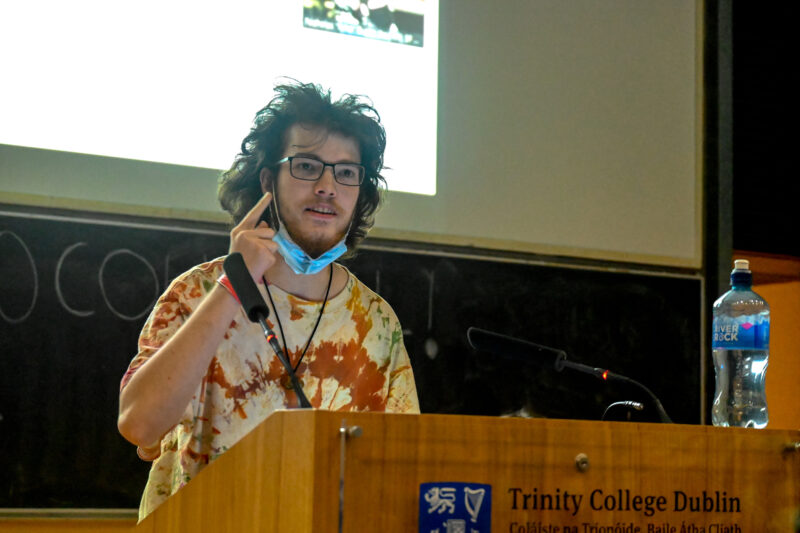At the first council of the year on Tuesday, October 3rd, a combined motion to adopt a CATU-TCDSU partnership and establish a Housing Rights Officer for the Union incited the most vigorous debate of the evening. The motion was proposed by Trinity College Dublin Students’ Union (TCDSU) President László Molnárfi.
The Community Action Tenants Union Ireland (CATU) is an organisation that seeks to represent council tenants, mortgage holders and those in emergency and precarious living situations. It strongly advocates for direct action in its Union Guide and proposes that the Government adopt a universal public housing model to provide free accommodation to citizens of Ireland.
It is currently supported by the Union of Students Ireland (USI) and Maynooth Students’ Union (MSU).
Molnárfi wanted to bring forward the motion to adopt a CATU-TCDSU partnership in order to “deepen the collaboration” between the two unions as well as to “formalise” the relationship.
The Memorandum of Agreement concerning the partnership, which was approved by the CATU National Committee, TCDSU President Molnárfi and TCDSU Council, included the following aims: “promoting CATU materials as requested on the platforms of the TCDSU”; “allowing CATU to present at Freshers Fair and having stands in College buildings”; “exchange of information regarding campaigns of both TCDSU and CATU where it may be felt this exchange can mutually benefit each other’s memberships”; “offering venue and meeting rooms to CATU if administratively possible”; ‘“coordinating door-knocking activities with CATU and TCD student members” and “inviting CATU to class representative trainings or other trainings that the student union holds”.
Mature Students Officer Ailish Smith proposed an amendment to the motion to remove the partnership with CATU and TCDSU, leaving just the establishment of a Housing Rights Officer. She expressed concerns that the combined motion left little opportunity for the Housing Rights Officer to engage with other housing services and, due to the political nature of CATU, she wanted anyone speaking for or against the motion to announce if they had any affiliation with CATU.
Molnárfi announced that he was a member of CATU. He also went on to defend the motion, saying that it was important for the TCDSU to support the “power of the grassroots” and pointed to previous joint work between CATU and TCDSU, arguing that the motion only sought to formalise the relationship, not exclude other housing organisations that could help students.
Ailish Smith’s proposal was approved when put to a vote, where voting members raised cards indicating whether they agreed or not. The initial vote was too close to call on first sight and so went to an individual count.
With the mandate for a CATU-TCDSU partnership dropped, council member Sé Ó hÉidin then argued that the establishment of a Housing Rights Officer now “didn’t make sense”, as having removed the CATU-TCDSU partnership wording from the mandate, the Housing Rights Officer did not have a well-defined role.
Procedural motion K was then proposed and passed by a vote, resulting in the mandate to establish a Housing Rights Officer being moved to next council. It is not clear what is next for the proposed CATU-TCDSU partnership.
Speaking to The University Times after council, TCDSU President Molnárfi described the result as “extremely disappointing” and “disgraceful”. He argued that a “faction of council” that are “less inclined” to take direct action “used” the procedures of council in order to get their way. He described the whole event as a “bureaucratic suppression of debate”. He encourages those who disagree with the politics of a motion in the future to “bring out their own politics” when speaking so that a “proper debate” can ensue.








